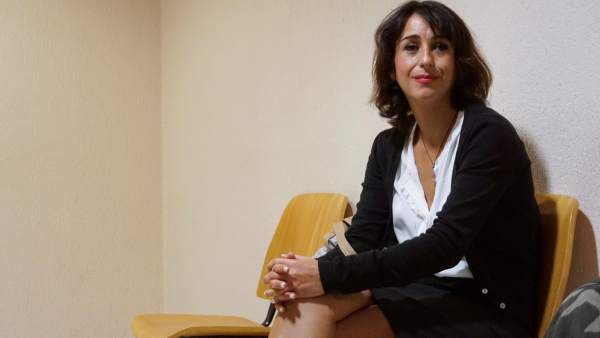Australia's multicultural diversity within an ever increasing global community means that it is not uncommon for one or more parents of a child to have connections to a country other than Australia.
The issue of international child abduction by a parent has recently received media attention within Australia. It is estimated that each week two or three children are illegally removed from Australia by one of their parents.
The 1980 Hague Convention on the Civil Aspects of International Child Abduction is a multilateral treaty in force between Australia and a number of other countries. It stands as the main international agreement that covers international parental child abduction; the the main legal process available to parents if a child has been abducted to a country which is a signatory to the Convention.
Australia ratified the Hague Convention in 1986 and Greece ratified it in 1992. There are currently 98 states party to the Convention.
In order for a parent to make an application for the return of a child to Australia under the Hague Convention, the child must be under the age of 16 years and have been 'habitually resident' in Australia immediately before their removal or retention in another Hague Convention signatory country. The parent seeking the child's return must also prove that they had rights of custody for the child under Australian law immediately before the child was removed or retained from Australia.
In other words, it is not what the 'fight' is about, but where the 'fight' should take place.
The primary intention of the Convention is to preserve whatever status quo child custody arrangement existed immediately before an alleged wrongful removal or retention, thereby deterring a parent from crossing international boundaries in search of a more sympathetic court and taking a child away from their extended family without consideration of what would be in the child's best interests.
An application for the return of a removed child may be challenged on a number of grounds including that the child would be exposed to grave risk or psychological harm in the event they were returned.
Other defences include that the child has subsequently settled in their new country, or that the parent seeking the return of a child consented to the removal of the child.
Nicholes Family Lawyers acted in the matter of State Central Authority & Papastavrou [2008] FamCA 1120 in which the Family Court found that grave risk of harm from ongoing family violence was sufficient to preclude the return of abducted children to their country of origin under the Hague Convention.
In this case a mother was not forced to return the children to Greece, on the basis that the two young children would be exposed to grave risk of psychological harm in the event they were returned to Greece. This was a landmark decision by the Family Court of Australia (FCA).
The Australian-born mother moved to Greece as an adult and married the father who was Greek. They had two children there. After a few years the mother followed her doctor's advice to travel to Australia for medical treatment for injuries sustained through repeated domestic violence perpetrated by the husband.
The mother travelled to Australia with the children with the consent of the husband and decided to stay permanently on the basis that she felt unsafe to return to the husband in Greece.
The husband made an application under the Hague Convention for the children to be returned to Greece.
Usually the FCA would have ordered that the children be returned to Greece to allow the Greek courts to determine the parenting arrangements for the children under Greek law.
In this significant ruling, however, the Family Court found that although the mother acted unlawfully, she did not have to return the children to Greece on the grounds that there was a 'grave risk' they would be exposed to harm.
The Family Court relied on evidence from a Greek legal expert that police in Greece did not adequately protect domestic violence victims. The Court also took into account that the mother may have been imprisoned for breaching Greek laws if she returned due to the father's application.
The Court also relied on expert medical evidence which provided that the mother was at risk of dying if she suffered another episode of physical violence perpetrated by the husband.
What makes the case rare is that the mother successfully argued that she would not be adequately protected against domestic violence in Greece. The Sydney Morning Herald reported that former FCA Chief Justice Alastair Nicholson said the case was rare because it was difficult to argue that countries with similar legal systems could not protect people from domestic violence.
"The assumption is usually that the country will deal with what's complained of," he said. "However, where you have direct evidence that that's not the case, then the interpretation of the convention is certainly open." Mr Nicholson also went on to say that "it's a very unusual case."

